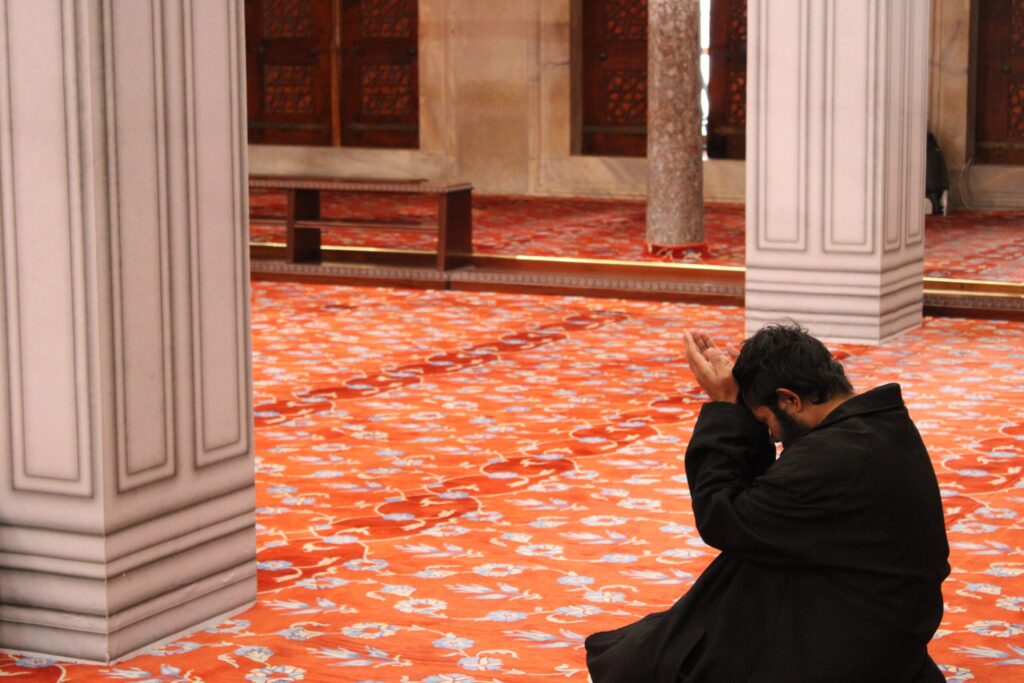
Sexual immorality runs rampant in today’s society. The rising rates of rape, child abuse, sexual violence are indicative of a moral decline in every society. We are living in a society where everyone is exposed to one or other kind of sexual immorality be its through pornography, movies or music. Nudity has become a fashion and more the less clothes, the bolder the artist is. Vulgarity is now being promoted as a trend. The utmost shamelessness, indecency and obscenity is depicted as sexual freedom. Sexual freedom has much been used to justify the weird sexual practices and sexual life-styles. Acting on sexual fantasies is also becoming a new norm. The “Hot-Wife” culture and “Swinger” lifestyle are not just being practiced rather are being streamlined and promoted through media. The idea behind promoting all this is hidden under the umbrella of tolerance towards others. The famous John Stuart’s harm principle has provided a good excuse for the immorality. No other idea has been used to justify immorality to this extent as harm principle.
The harm principle states that the only actions that can be prevented are ones that create harm. In other words, a person can do whatever he wants as long as his actions do not harm others. If a person’s actions only affect himself, then society, which includes the government, should not be able to stop a person from doing what he wants. This even includes actions that a person may do that would harm the person himself.
The idea at first seems fascinating as it seems to maximize the individual freedom with minimal interference from the state or government but has deep flaws. Government not interfering whenever someone harms oneself, the government fails to serve its primary role of safety and security of its people. If government fails to ensure the safety of its people at individual level, what role it then has to play? Another major issue with harm principle is that it fails to recognize the impact of one’s behavior over others. We humans are social animals and are affected by each other’s action. Haven’t we seen fans following ideal celebrities to the crazy extent? The idea is fundamentally based on a generalization that private actions does not have any impact on society whatsoever which is definitely not the case. The fundamental flaw with this notion is that we don’t recognize moral harm as harm and therefore think of harm as being physical harm only. There has been an on-going debate about pornographic content as the adverse impacts of pornography are becoming more and more evident. It’s no surprise that pornographic content shapes the behavior of porn addicts in certain ways. Another idea that has been catalyst for sexual immorality is making morality mere subjective. It’s a popular notion that people have differing opinions regarding what is good and what is bad. This way we should be more tolerant of other’s perception of right and wrong and thus not imposing our views on others. Such is the case of moral policing. Many leftists adhere to the idea of no need for moral policing and they assert people can decide better for themselves. This idea has been very well used to justify the LGBTQ practices, Abortion rights and pre-marital or extra marital sexual relations right. Western democracies has established that sex is the fundamental human right and that people should not be refrained from having sex. Therefore, as far as two individuals are consenting, there is nothing wrong in any sort of sexual relationship. Again, this idea of sexual freedom fails to recognize the moral harm and the potential impacts of a practice on society.
The Islamic Sexual Morality
The Islamic sexual morality is also fundamentally different from the new sexual morality in a sense that it does not accept the concept of free sex. Islam aims at teaching its followers not to suppress their sexual urges, rather to fulfill them but in a responsible way.
Islam recognizes the sexual needs of human beings and believes that the natural instincts should be nurtured, not suppressed. Islam says that the biological parts of our body have a purpose; they have not been created uselessly. The only right way to fulfill the sexual needs and desires, in Islam, is through legit marriage contract; Nikah. Marriage is a highly recommended deed. Allah says;
“And marry the unmarried among you and the righteous among your male slaves and female slaves. If they should be poor, Allah will enrich them from His bounty, and Allah is all-Encompassing and Knowing.” (Quran24:32)
In another verse Allah says;
“And it is among His signs that He has created for you wives from among yourselves, so that you may find tranquility in them, and He has created love and kindness between you. Surely in this there are signs for a people who reflect.” (Quran30:21)
Islam recognizes marriage as a legit way to fulfill sexual needs and desires. Islam has been portrayed as an oppressive religion that restricts the sexual freedom, thereby, not allowing people to live according to their own will. The fundamental difference between Islam and any secular or liberal ideology is that secular democracies divide rights into two categories; Individual rights, Society rights. Islam, on the other hand, divides the rights into three: rights of an individual, rights of the society, and rights of God. A person is free to do whatever he or she likes as long as it does not violate the rights of other people and God. To become a Muslim, one has to accept this limitation on his or her personal freedom.
One more important difference is in the concept of individual’s right. In secular usage, individual’s rights are seen in contrast to those of the other members of society. Islam goes one step further and says that even the body of an individual has some rights against the person himself. In other words, Islam holds a person responsible even for the use of his or her body. You are not allowed to abuse your own body or harm it. Allah says,
“The hearing, the sight, the heart all of these shall be questioned of.” (Quran17:38)
In conclusion, we may say that the Islamic view forbids not only the acts which infringe upon the rights of others but also those which infringe upon the rights of the person’s own body. This view is based on the love and concern which Allah has for human beings.


